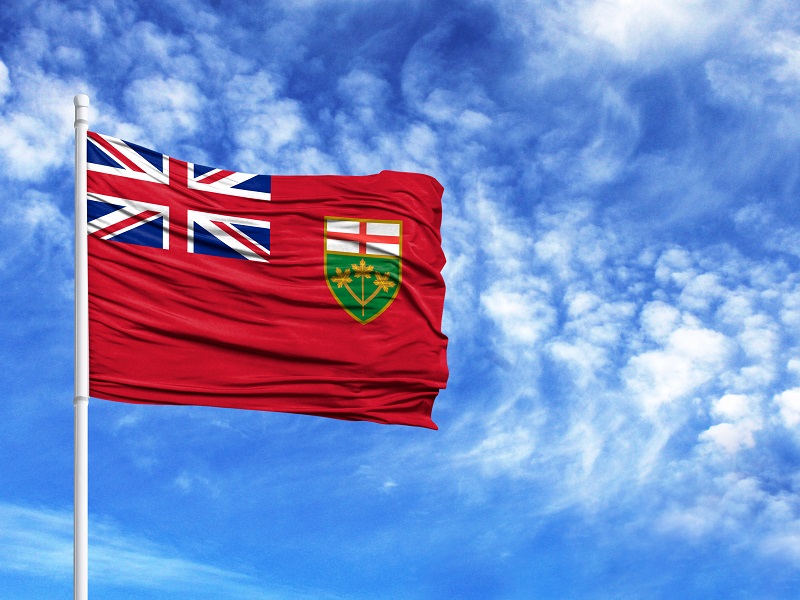

Ontario civil servants are questioning the methodology used in a report that determined how much money Alberta could extract from the Canada Pension Plan if the province were to leave the CPP and launch its own plan, according to reporting by the Edmonton Journal.
In a series of briefs, the Ontario Ministry of Finance outlined several inconsistencies found in a report commissioned by the Alberta government, which estimated the province would be entitled to $334 billion (53 per cent) of the CPP. The ministry said the report leaves out potential liabilities and relies on an “alternate interpretation” of an out-of-date withdrawal formula.
Read: Alberta deserves more than half CPP assets if it exits program: report
It also said Alberta’s estimate doesn’t consider the province’s potential pension liabilities associated with all individuals who worked for any amount of time in Alberta and have retired and are receiving their benefits outside of the province. The ministry also challenged how withdrawal rules are interpreted in the report, noting any potential sum taken out of the CPP for a new provincial plan would be decided by the office of the chief actuary. As well, it noted the report doesn’t take into account changes to CPP legislation in 1997 that changed the plan from a pay-as-you-go model by increasing contribution rates, establishing an arm’s-length independent investment manager and changing some benefits.
Still, the ministry acknowledged that contributions from employees and employers in Alberta made up about 16 per cent of total contributions in 2020, the latest year available with complete data, while Alberta residents received about 12 per cent of total CPP benefits paid.
Read: CPPIB CEO pitches Calgary business crowd on benefits of staying in CPP
“This is because many individuals who worked in Alberta [where they pay CPP contributions] chose to retire elsewhere [where they receive CPP benefits],” said the ministry, noting average and median salaries in Alberta are the highest among Canadian provinces. “Higher average wages result in higher average CPP contributions and higher average CPP benefits being accrued.”
The ministry also noted the situation is reversed in the Atlantic provinces, where eight per cent of total CPP contributions were paid, but just 11 per cent of total CPP benefits were received. “The [Lifeworks Inc.] report does not acknowledge the role of provinces as co-stewards of the CPP. Provincial finance ministers work closely with the federal minister to ensure the financial sustainability of the CPP over the long term.”
